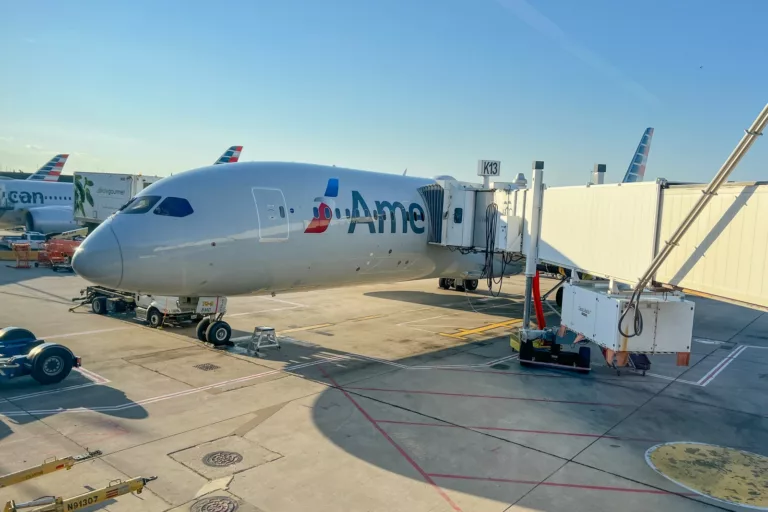How the Visa-Mastercard Settlement Could Affect Your Rewards
Visa and Mastercard have recently proposed a revised settlement in an antitrust case that has been under scrutiny for nearly two decades, centering on the controversial “swipe” or interchange fees that merchants pay. This settlement could lead to significant changes in how merchants handle credit card transactions, potentially impacting the rewards you earn from your credit cards.
At the heart of the matter are the interchange fees that merchants pay to card-issuing banks whenever a customer uses a credit card. These fees, which average around 2% per transaction, are split between the card-issuing banks and the payment networks like Visa and Mastercard. They are designed to cover the costs associated with processing transactions and preventing fraud.
Card issuers often use a portion of these fees to fund rewards programs that attract consumers to their credit cards. The fees can vary based on the type of card used, with premium cards typically incurring higher fees. These premium cards often offer enhanced rewards, such as more than one point or mile per dollar spent.
Historically, a rule known as the “honor all cards” policy has required merchants to accept all types of Visa and Mastercard products if they choose to accept any. This rule benefits consumers, allowing them to use their preferred cards—often those that offer the best rewards—regardless of the interchange fees involved.
If the proposed settlement is approved by a federal court, it would reduce average credit card interchange fees by approximately 0.1 percentage points for the next five years and cap the rates for standard consumer cards at 1.25% for eight years. While this may seem beneficial for merchants, it could also mean that card issuers will have less revenue to fund rewards programs, potentially leading to diminished benefits for consumers.
One of the most significant changes that could arise from this settlement is the modification of the “honor all cards” rule. Merchants may gain the ability to selectively accept certain Visa and Mastercard products based on the interchange fees associated with them. This means that they could choose not to accept premium cards, such as Visa Infinite or World Elite Mastercard, which typically offer the highest rewards.
Moreover, merchants could introduce a surcharge—up to 3%—when customers opt to pay with premium credit cards. This surcharge would be an additional cost passed on to consumers and could influence their choice of payment method.
It is important to note that American Express cards will not be affected by this settlement.
In addition to the proposed settlement, there is also the Credit Card Competition Act (CCCA), which is separate legislation that could further impact credit card rewards. This act would require major credit card issuers to enable at least two unaffiliated networks on most credit cards, allowing merchants to route transactions over networks other than Visa or Mastercard. Unlike the proposed settlement, the CCCA is a legislative initiative that involves Congress and could have far-reaching implications for how rewards are structured.
While the exact outcomes of these changes remain uncertain, consumers should be aware that immediate changes are not expected. If the court approves the settlement, you may notice that some merchants, particularly small businesses operating on thin margins, may start to refuse premium cards or add surcharges for their use. This could prompt you to reconsider your credit card strategy, especially if you frequently use cards that offer substantial rewards.
Ultimately, the responsibility for determining which cards to accept and whether to impose surcharges will fall on merchants. As a consumer, you always have the option to take your business elsewhere if a merchant decides to stop accepting your preferred rewards credit card.
As of now, there have been no changes at the register or with your current rewards programs. The settlement is still pending judicial review and approval, and even if it is approved, it could take months—or longer—before any new acceptance or pricing rules are implemented.
In summary, while the proposed Visa-Mastercard settlement could lead to changes that may affect how you earn and redeem credit card rewards, no immediate actions are required on your part. The situation is evolving, and it’s essential to stay informed about these developments. The Points Guy will continue to monitor the court process and provide updates as necessary.
Credit cards can significantly enhance your financial flexibility, allowing you to leverage everyday spending for rewards that can lead to cashback or travel experiences that might otherwise be out of reach. As you navigate this changing landscape, remember that your choice of credit card can still play a pivotal role in achieving your financial goals.







